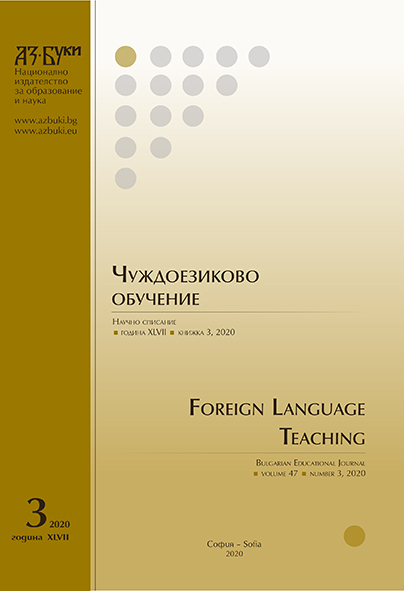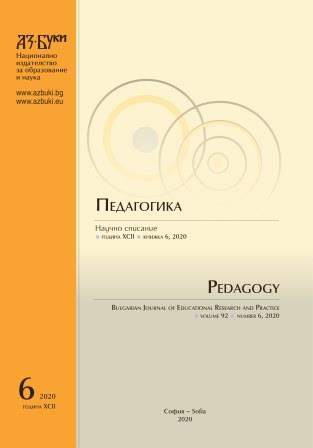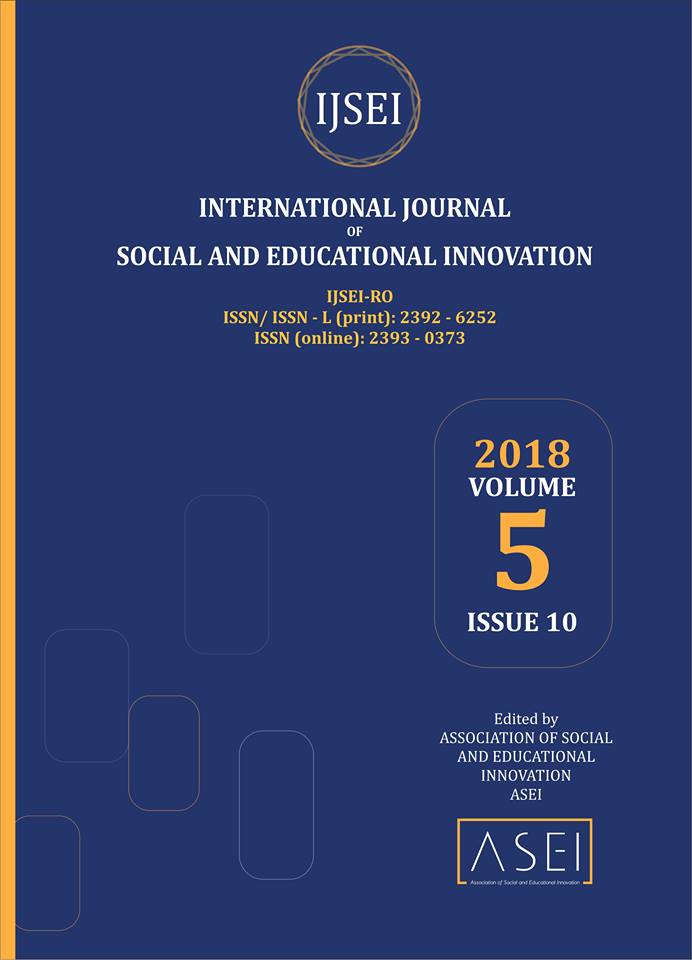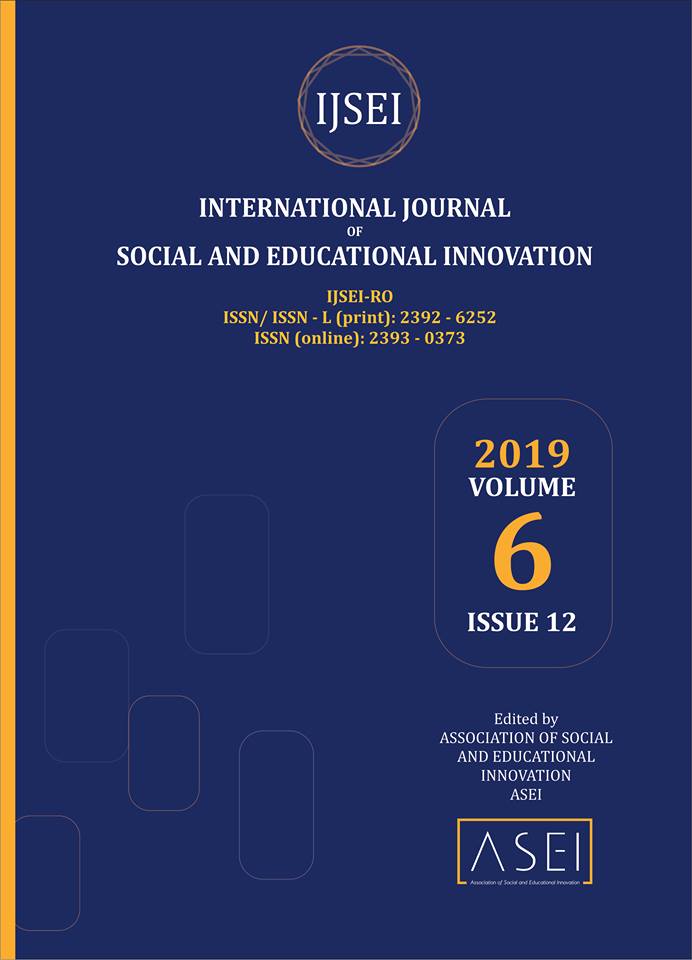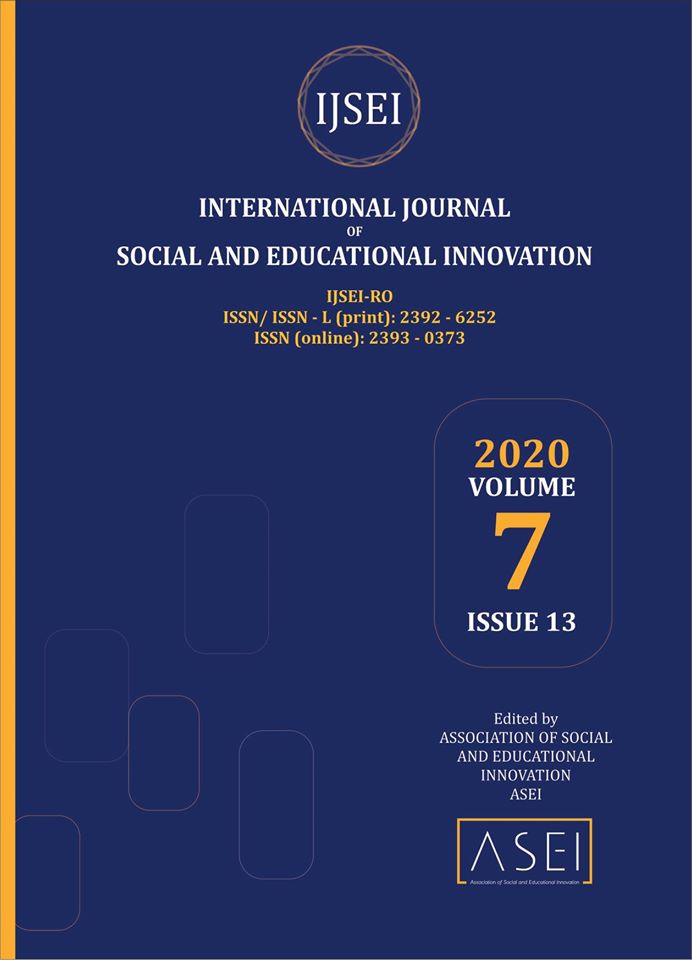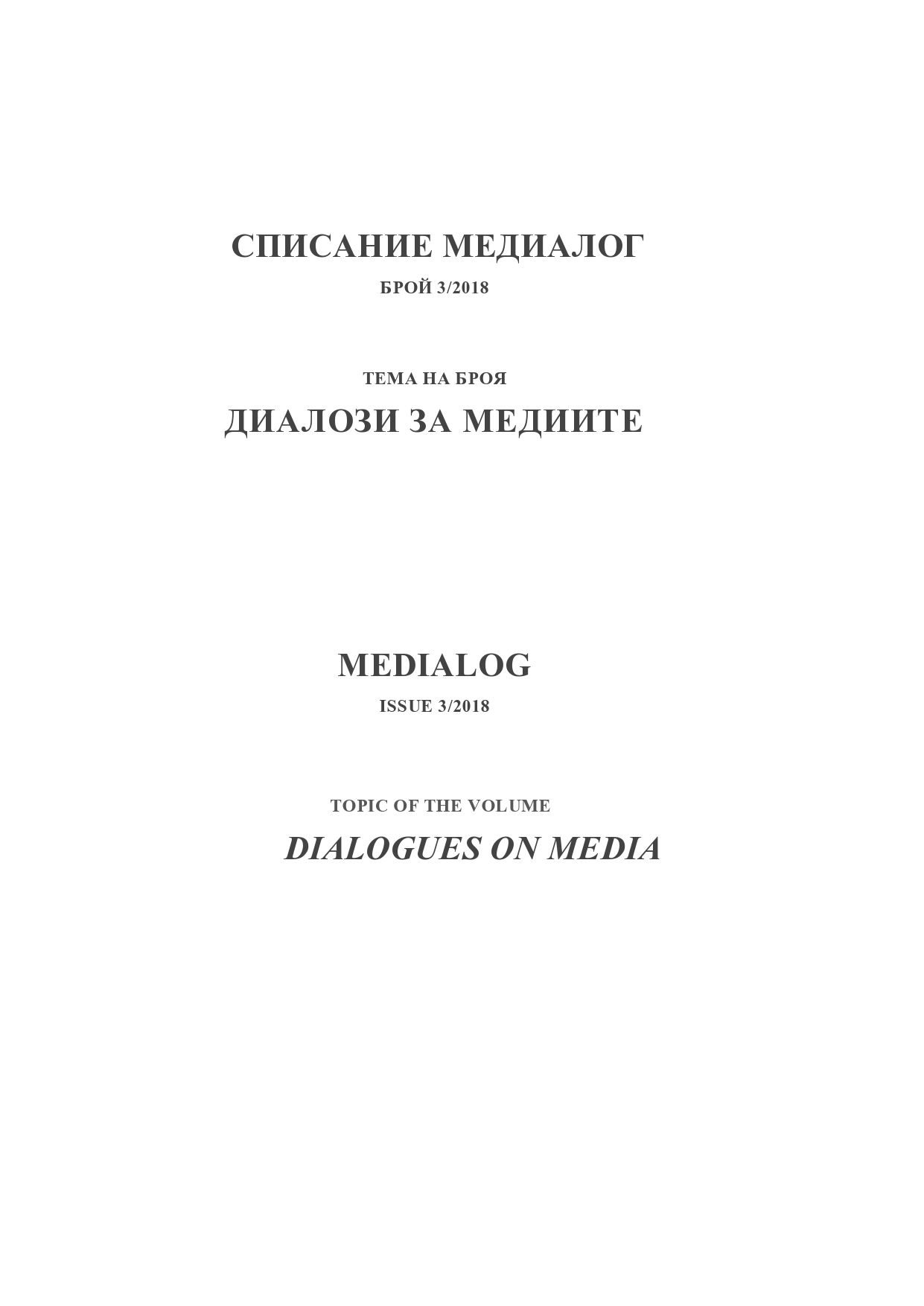Author(s): Andreea Diaconu / Language(s): English
Issue: 3/2015
Evaluation during the Romanian Language and Literature Class in Middle SchoolApplication – “Contest” Evaluation LessonDIACONU Andreea“Ștefan cel Mare” University of SuceavaE-mail: cretu.andreea87@yahoo.comReceived 13.02.2015; Accepted 20.02. 2015AbstractIn this paper, I have tried to approach teaching assessment methods and its specific procedures, as an important part of the educational process, for two reasons that have concerned me since the beginning of my teaching career. The first reason is the desire to explore, understand, and put into practice the evaluation process in middle school as fair as possible, the second reason being the desire to help students exceed their fears regarding evaluation, so that they perceive this stage as a crowning of their work and endeavor.On these lines, the research methods have constituted the first part of the paper, and in the second part, as case study I have used the “school contest” method during an evaluation and probation of knowledge lesson.The purpose of this paper is to generally review all the characteristics of this stage, because evaluation is a complicated process of the educational system and quite a controversial one. Hence, in the second chapter, I have firstly focused on highlighting some of the essential theoretical aspects of evaluation and, secondly, I have tried to approach the importance of teaching-learning-evaluation triad during the Romanian language and literature lessons. Last but not least, the third chapter encompasses a general overview of the specific methods of evaluation for middle school during the Romanian language and literature classes and the presentation of the evaluation and probation of knowledge, all of which being necessary in order to observe the means through which evaluation can be applied to this discipline.Towards the end of this paper, as an example, I have chosen to present the consecution of an evaluation and probation of knowledge lesson as a schoolcontest for the eighth grade. By choosing this particular method, I have intended to change the students’ understanding of the least pleasant stage of the teaching process, evaluation.
More...
